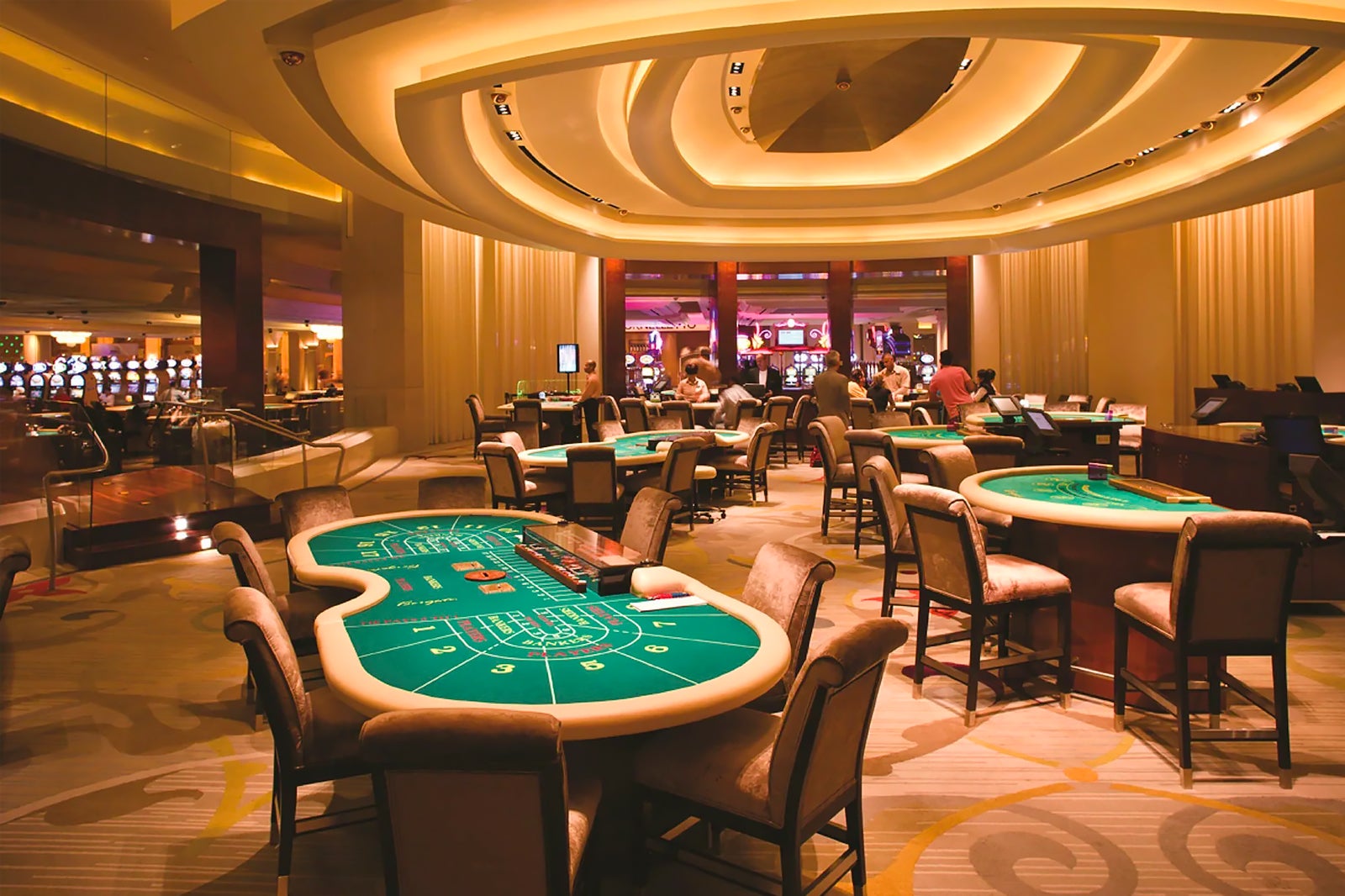Casino games have captivated for years a diverse audience, delivering not only excitement through chance but also a tailored experience tailored to different types of players. Including the strategic minds who excel at skill and calculation to the casual players who seek entertainment, casinos understand the nuances of their audience and design games that cater to these diverse preferences.
In delving into the universe of casino gaming, we discover a variety of options that appeal to all types of players. High-stakes poker tables entice competitive players, while vibrant slot machines attract those seeking instant gratification. Whether it’s about the chance to win big or simply savoring the social environment, casinos create their game offerings to ensure that all players find a place that feels comfortable and engaging. Comprehending how these games are tailored to diverse types of players can enhance not only our appreciation of them but also our approach to choosing which games to play.
Understanding Participant Groups
In the multifaceted world of gambling games, players can be categorized into specific types based on their motivations and preferences. These gamer categories range from the relaxed and community-oriented gamers, who enjoy the entertainment value and social engagements that gambling provides, to the more tactical and calculated players, who seek to maximize their odds and winnings. Understanding these different categories is essential for casinos to adapt their offerings and create immersive environments.

One common category is the group-oriented player, who views casino games as a form of community interaction and entertainment rather than a solemn gambling activity. These players often enjoy games that encourage participation and camaraderie, such as blackjack. Their attention is on the process rather than the outcome, so dynamic settings and collective moments are what they hold dear the most.
On the other end of the scale, tactical players are inspired by competition and the pursuit of ability. They tend to be drawn toward games that demand decision-making and strategy, such as blackjack, where their abilities can determine the outcome. This type often engages with the games on a more profound level, utilizing knowledge and approaches to gain an edge. Grasping these incentives allows casinos to build atmospheres and game selections that address to each player’s unique preferences.
Strategies for Game Design
Gambling games are designed with varied player types in mind, utilizing various strategies to draw in and capture them. For casual players, the focus is on simplicity and clarity. Games like slot machines are often aesthetically pleasing with simple mechanics. This enables players to experience the gameplay without a steep learning curve, creating an inviting atmosphere. The bright colors, catchy sounds, and thematic elements create a playful environment where players can easily get immersed and enjoying themselves.
For tactical players who enjoy a more profound level of involvement, games such as poker and 21 offer depth and skill-based elements. These games incorporate strategy and decision-making, appealing to players who excel on competition and want to exercise their mental skills. The design of these games regularly includes intricate rules and mechanics that challenge players to hone their skills and develop strategies over time, resulting in a fulfilling experience for those who enjoy mastering the game.
Furthermore, community-oriented players are catered to through games that highlight engagement and community. This comprises live dealer games and multiplayer games, which cultivate a sense of camaraderie among players. The design of these games typically includes chat features and communal aspects, allowing players to connect and exchange insights. Ga179 By building an environment where interaction is promoted, casinos can effectively involve community players, making the gaming adventure more pleasurable and unforgettable.
Improving Gamer Experience
Betting options have evolved considerably to create a much more engaging experience for players. Application developers focus on stunning graphics, immersive sound effects, and novel gameplay features that pull gamers into the gaming space. By utilizing digital advancements, such as virtual reality and AR, betting houses ensure that players feel as if they are part of a exciting atmosphere, enhancing in addition to the fun of the activities but also the overall satisfaction of being in a casino.
Social interaction is another critical aspect in enhancing player satisfaction in casino games. Several titles are designed to facilitate engagement among participants, whether through multiplayer formats or social tools. This social aspect is attractive to gamers who like communicating with other participants while playing, promoting a feeling of community. In addition, social features can consist of leaderboards, competitions, and rewards for cooperative engagement, which attract determined gamers and inspire them to return for additional.
Lastly, tailoring plays a pivotal role in tailoring the engagement for different player types. Gaming establishments and software designers examine player behavior and preferences to present customized gaming recommendations and rewards. By understanding the unique tastes of gamers, betting venues can present customized deals, incentives, and new titles that satisfy each gamer, thus improving their total enjoyment and commitment to the betting establishment.